Business Ethics Report: Ethical Approaches, Issues, and Frameworks
VerifiedAdded on 2022/09/09
|14
|826
|40
Report
AI Summary
This report on business ethics explores various ethical approaches, including duty-based, rights-based, utilitarian, virtue, justice, common good, and egoism. It contrasts absolute and relative ethics, examining ethical issues affecting business operations such as workplace harassment, unsafe products, and unfair labor practices. The report discusses the implications of ethical operations on businesses and stakeholders, highlighting conflicts among them. Furthermore, it outlines the regulatory framework of Corporate Social Responsibility (CSR), including the Companies Act 2006 and other relevant legislation. The report emphasizes the importance of ethical conduct in guiding employee behavior and organizational practices, providing a comprehensive overview of ethical considerations in the business environment and referencing relevant academic sources.
1 out of 14
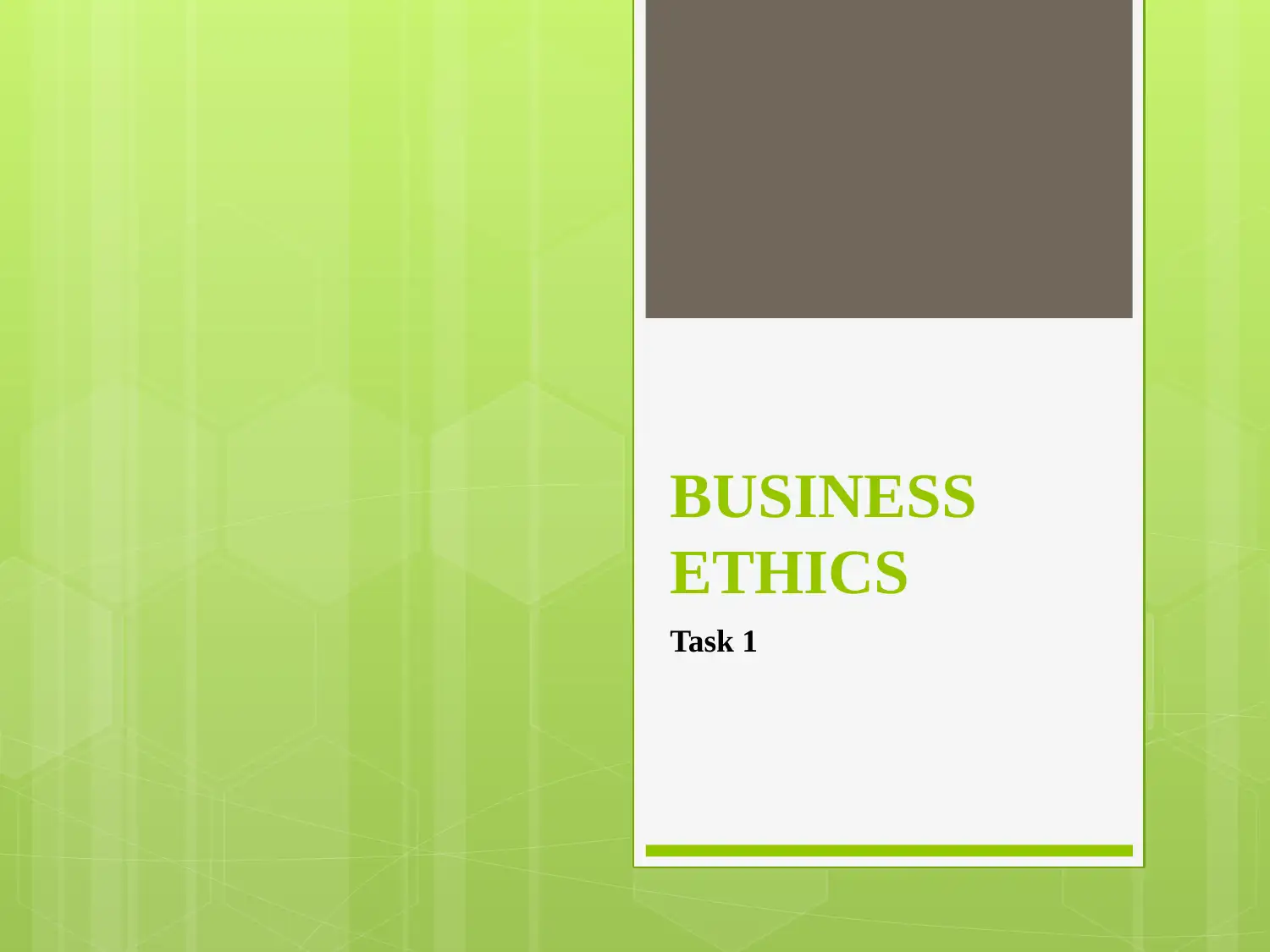
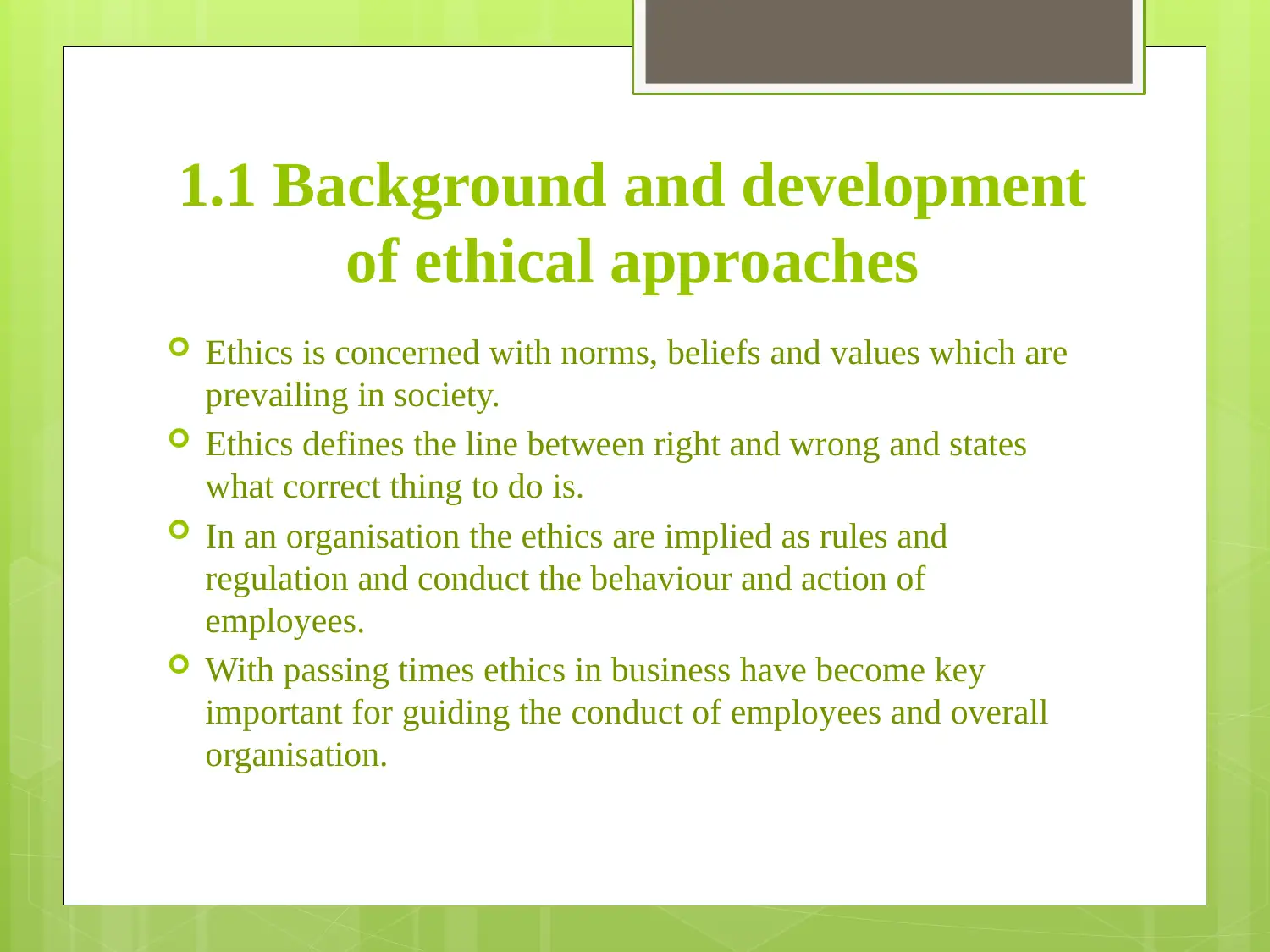
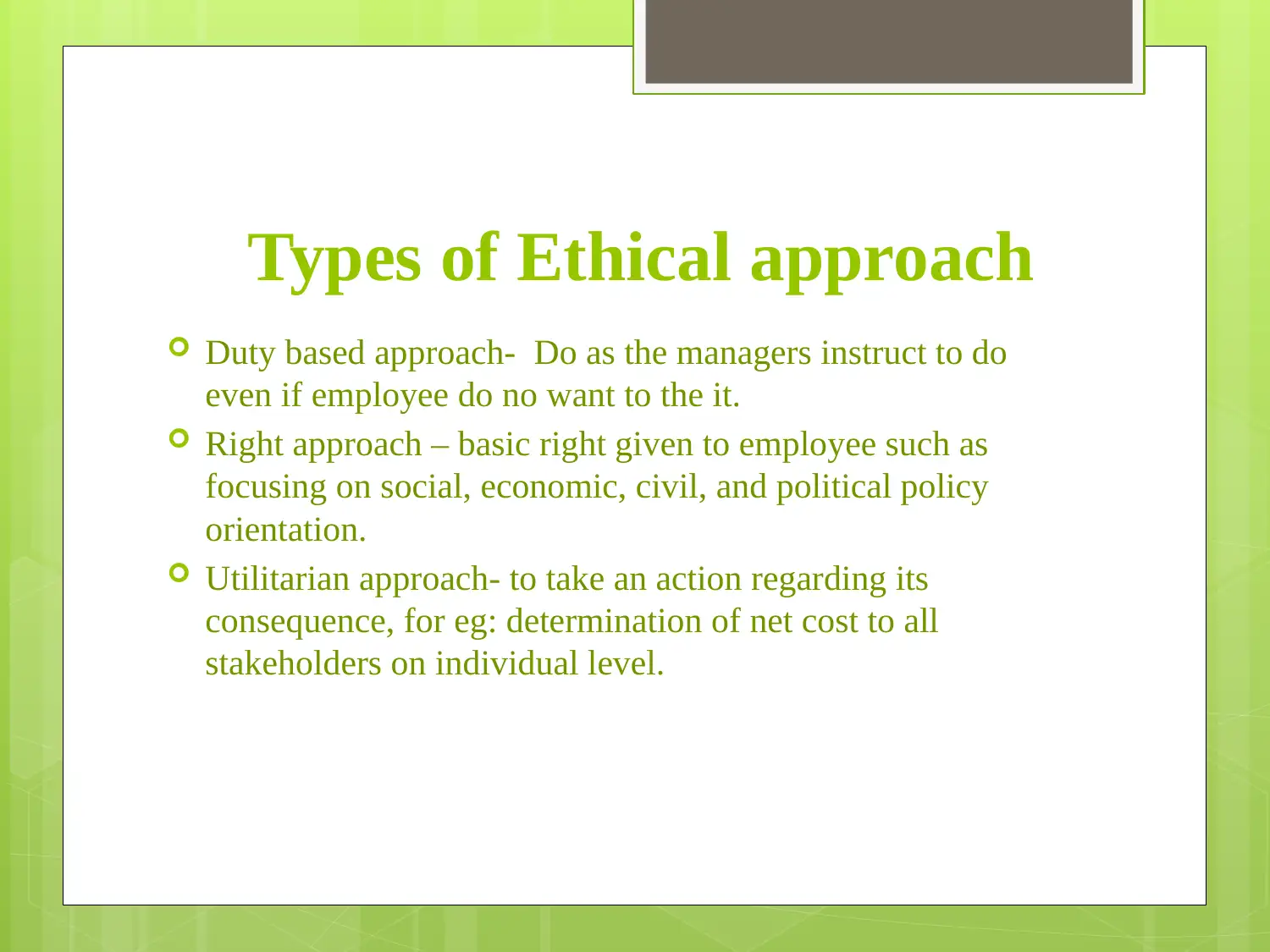

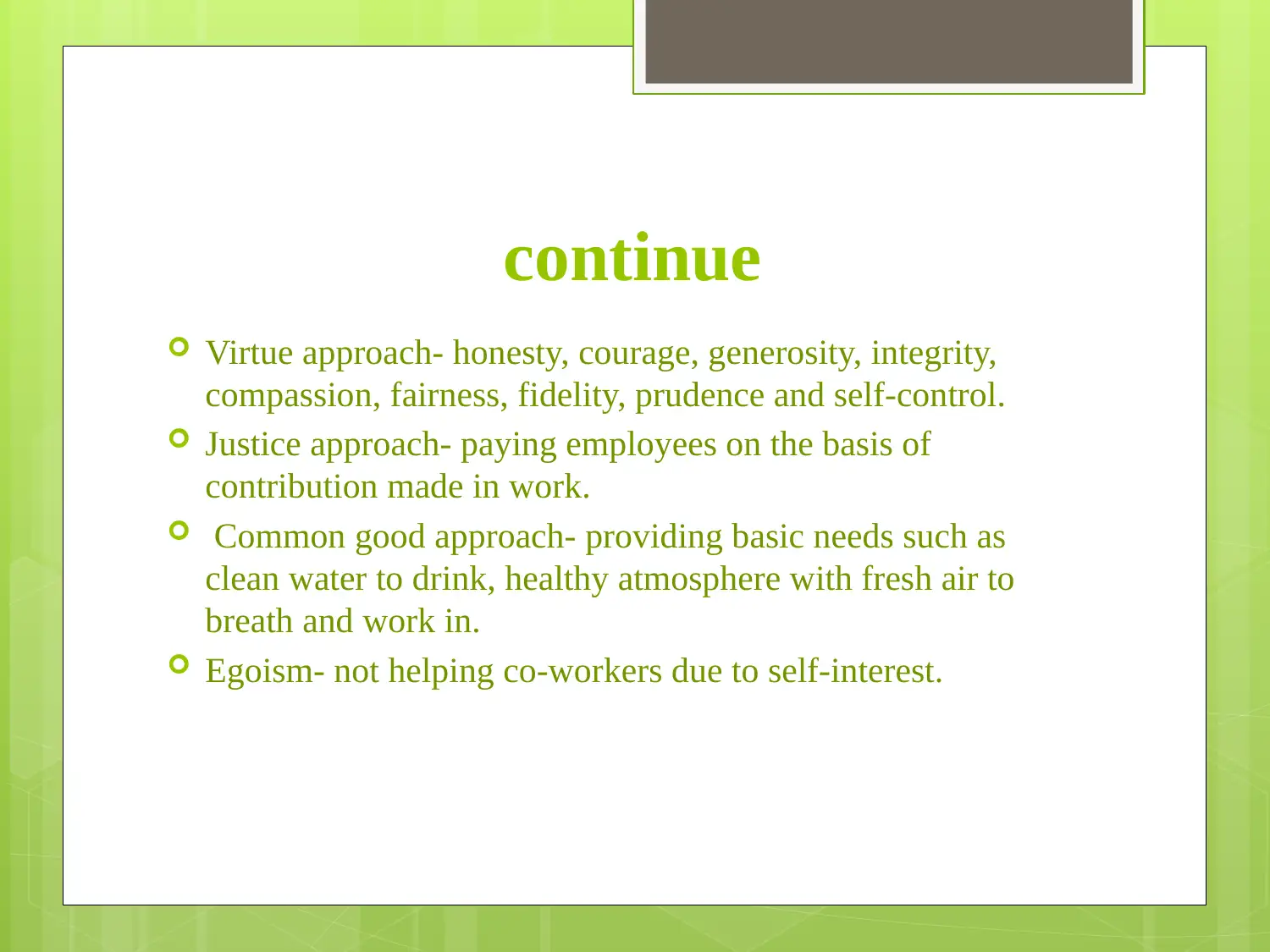
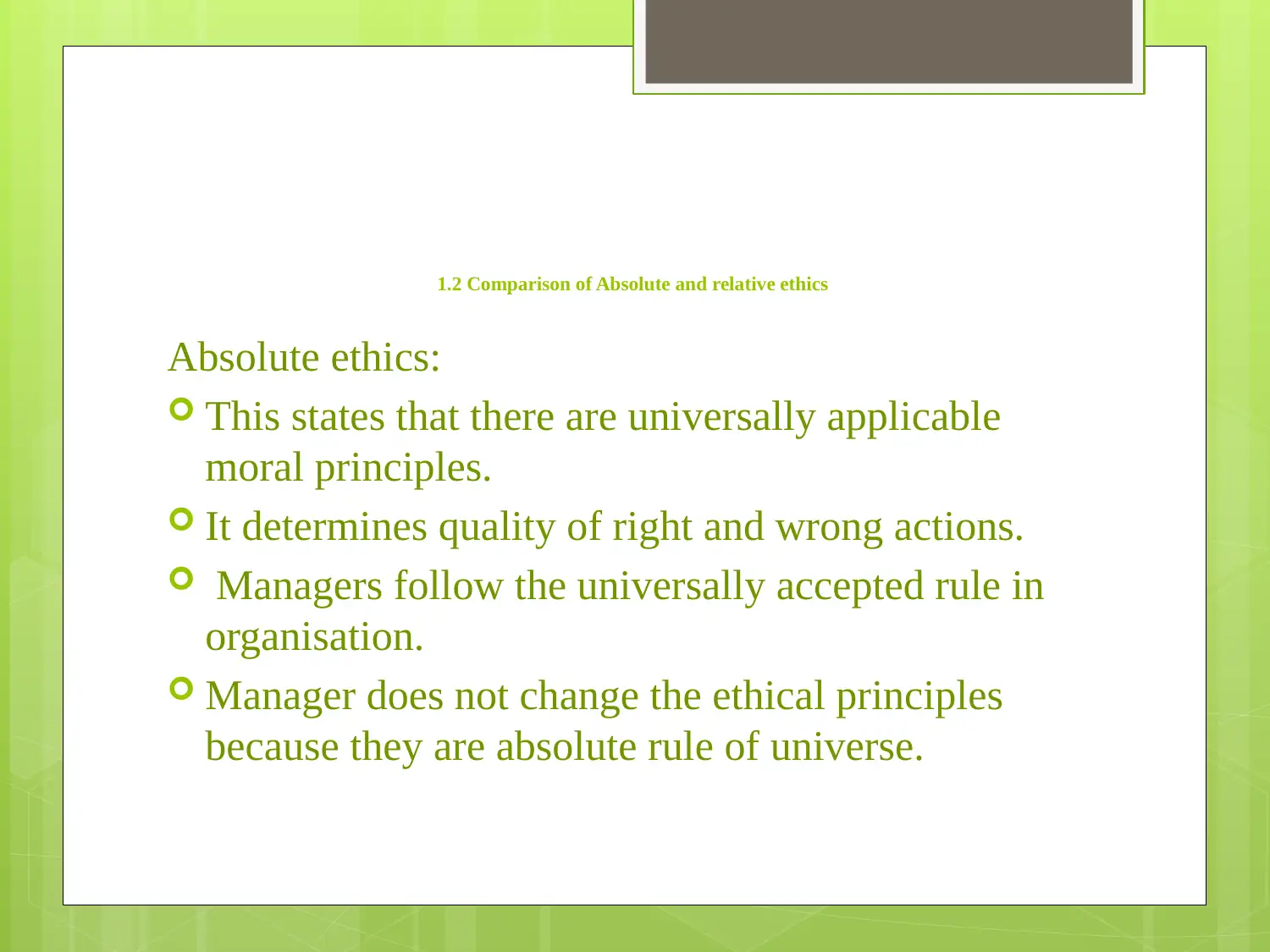
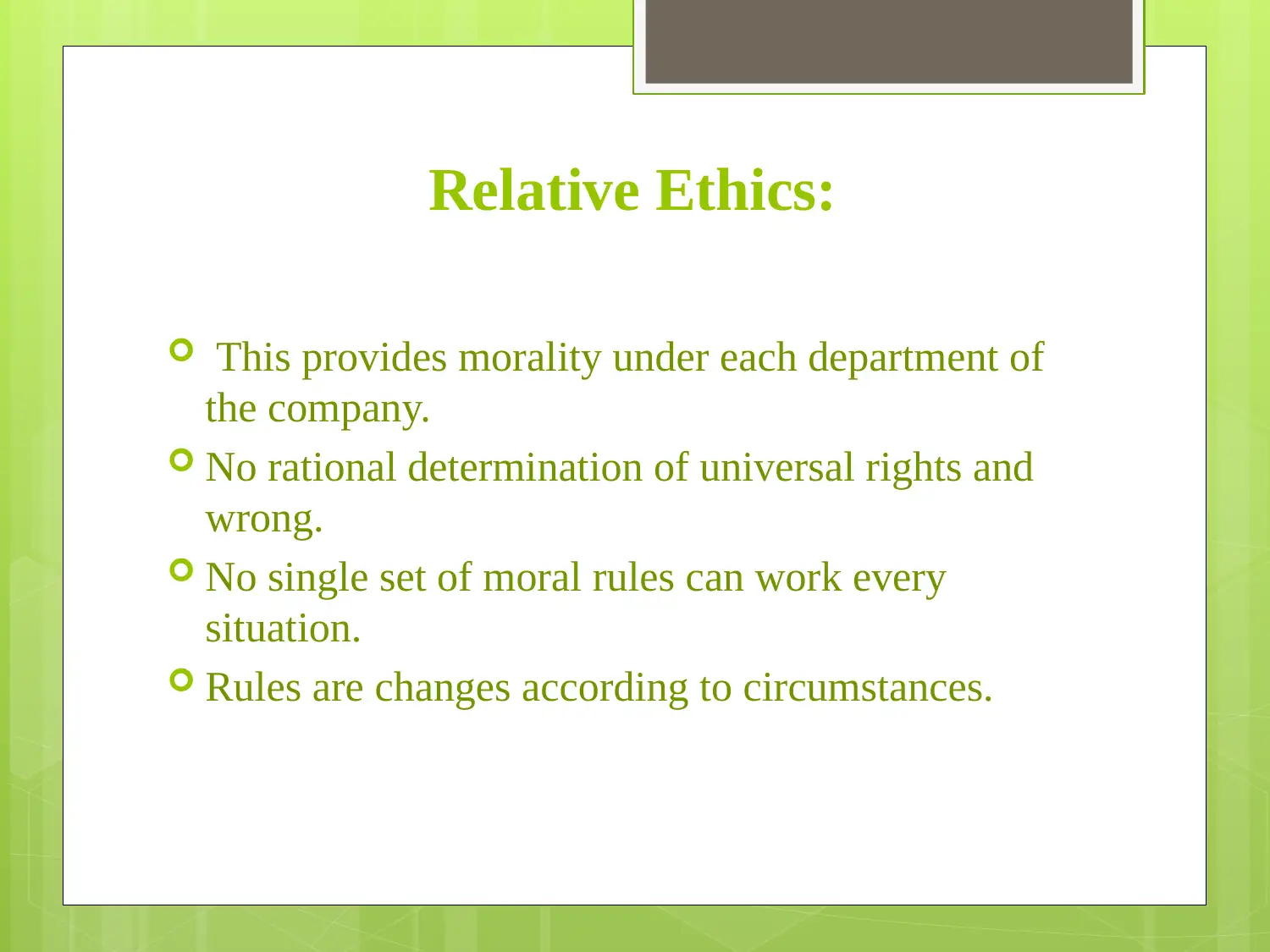
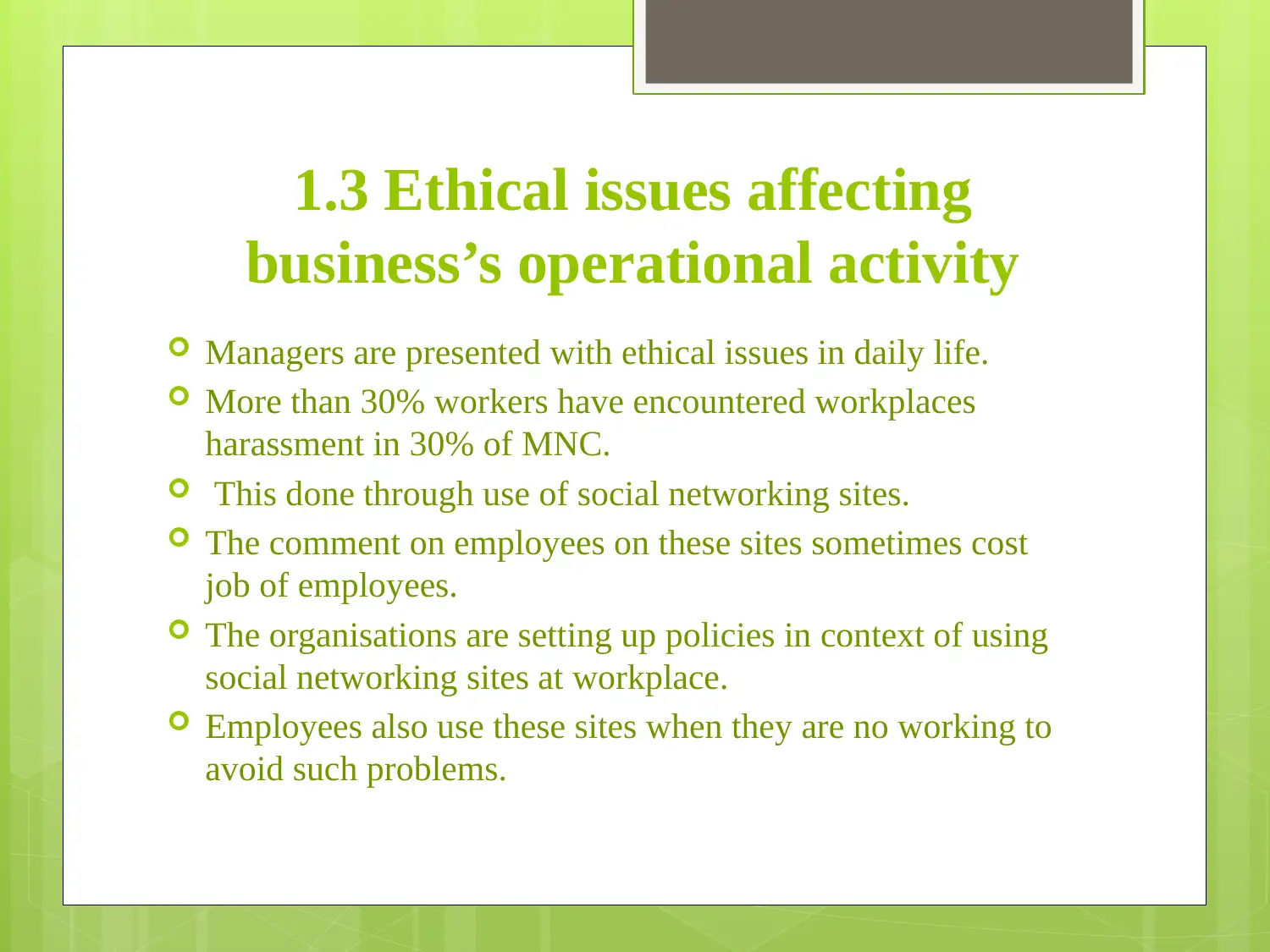
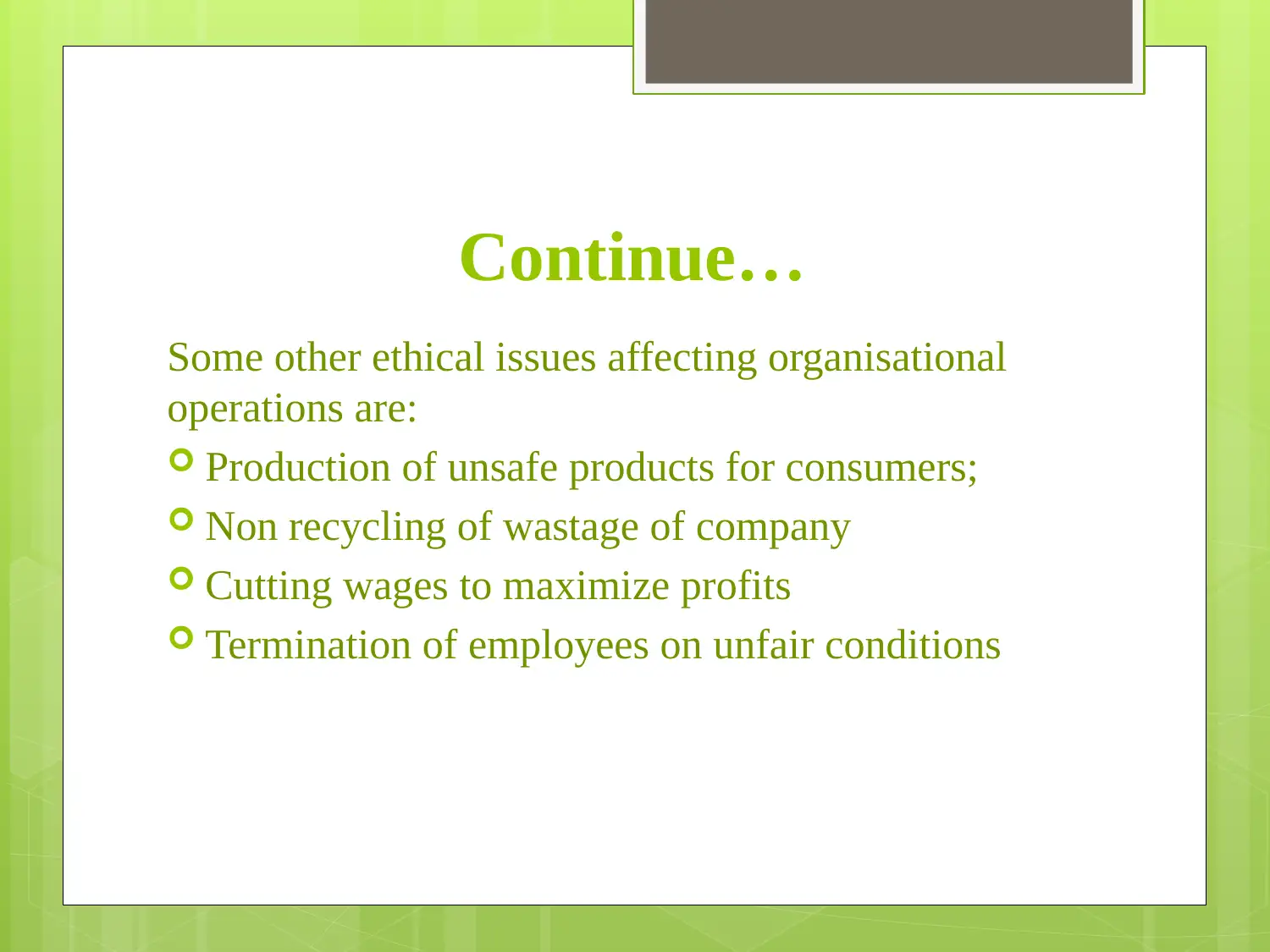
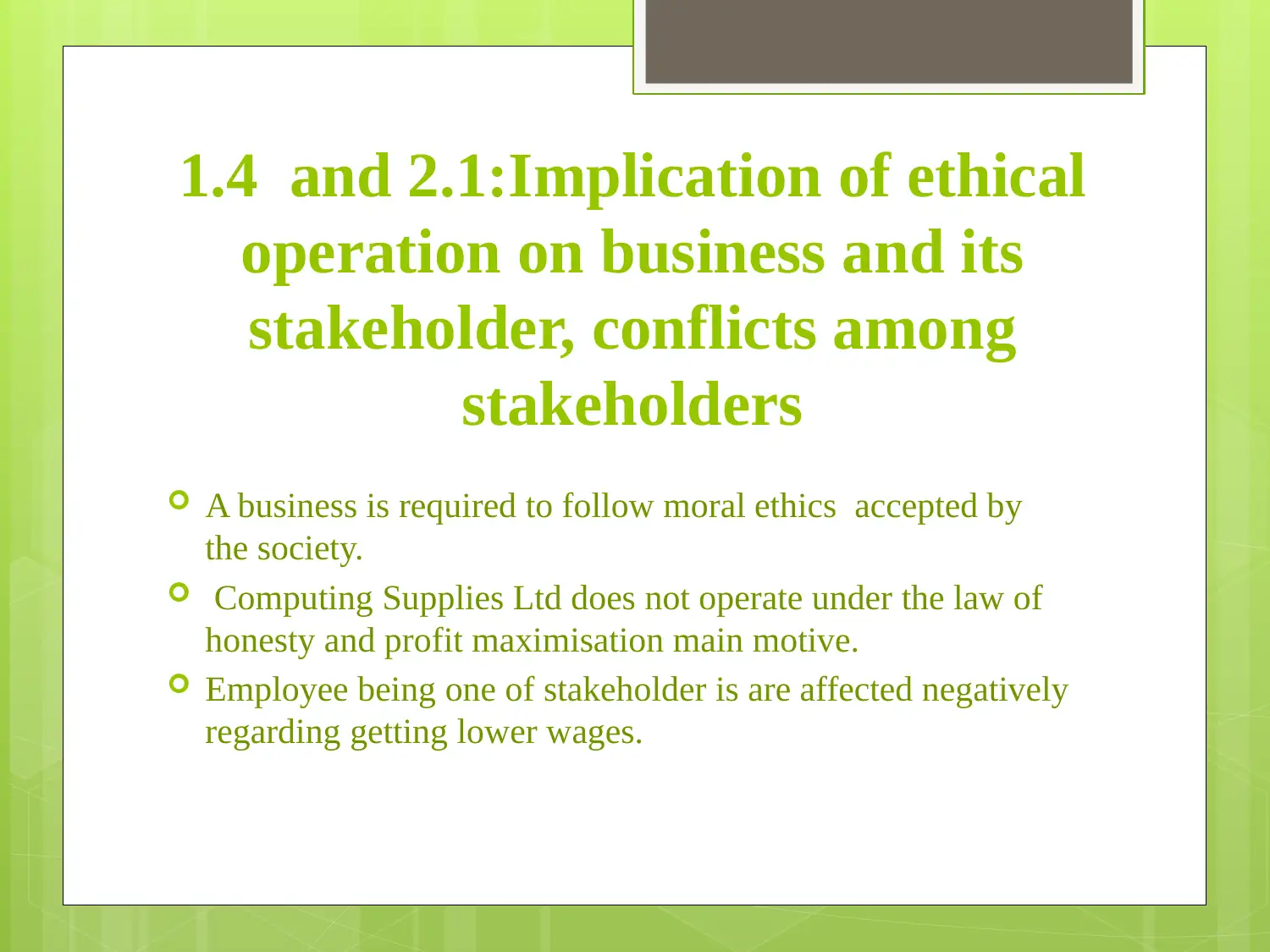
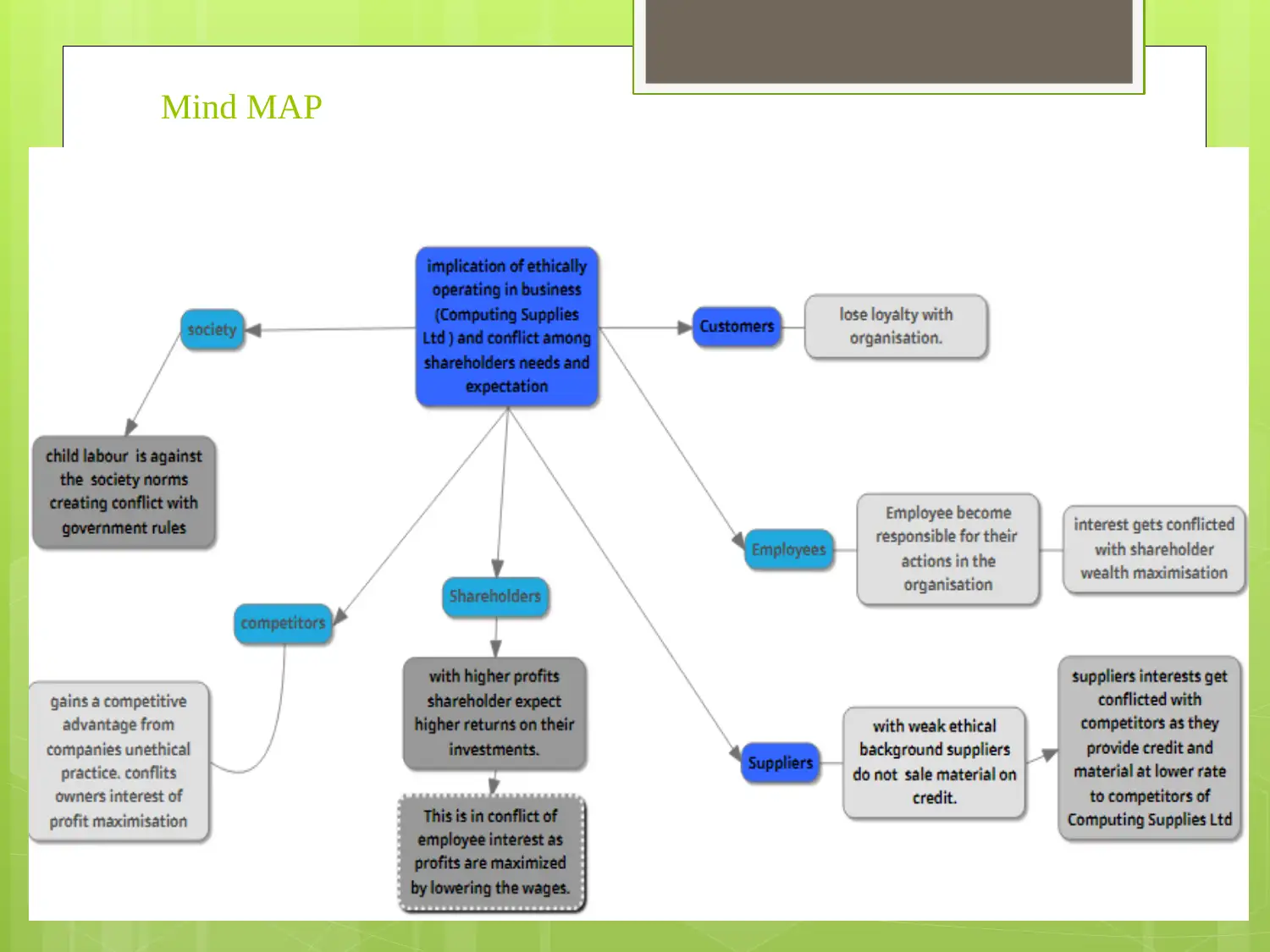
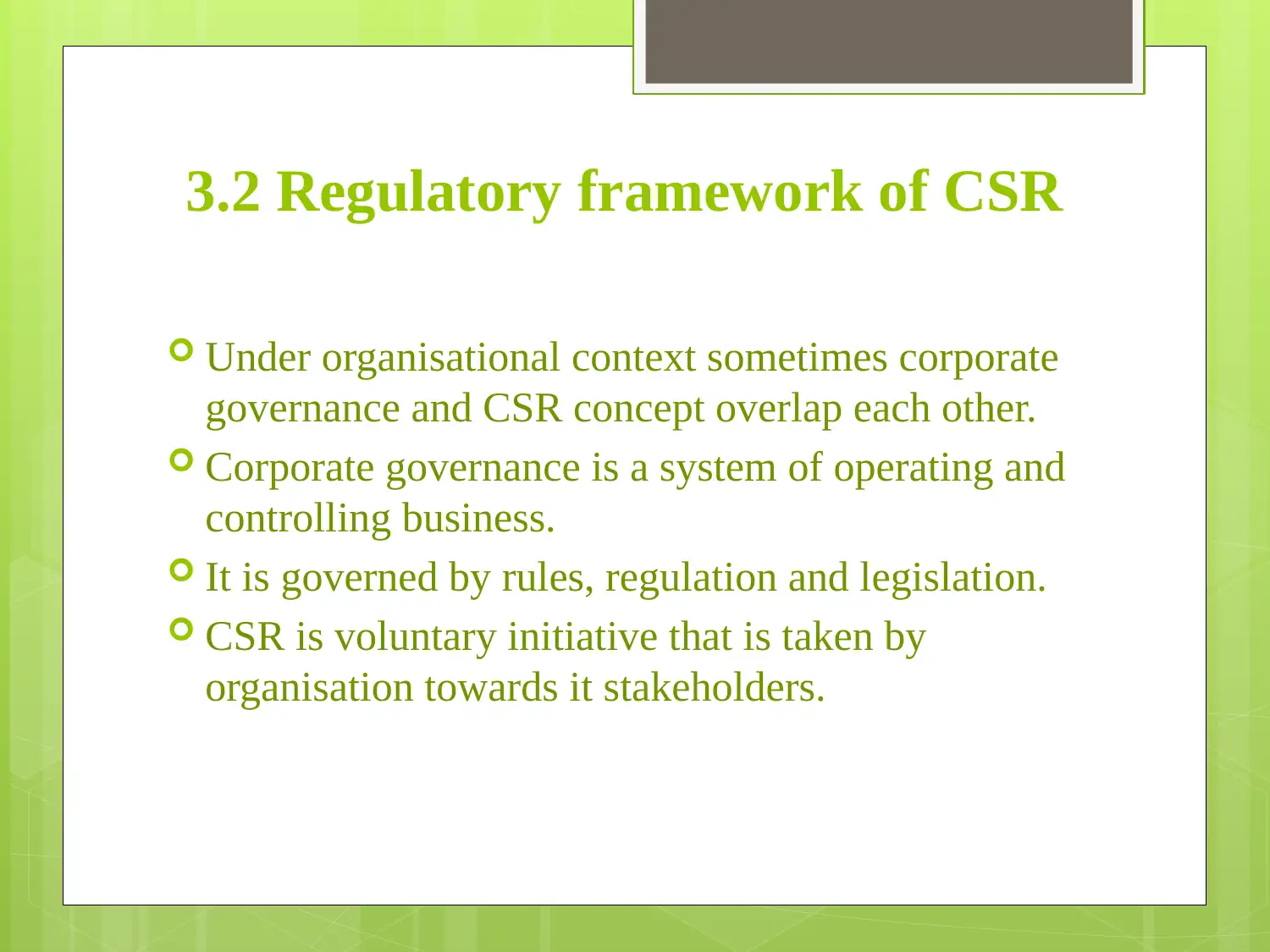
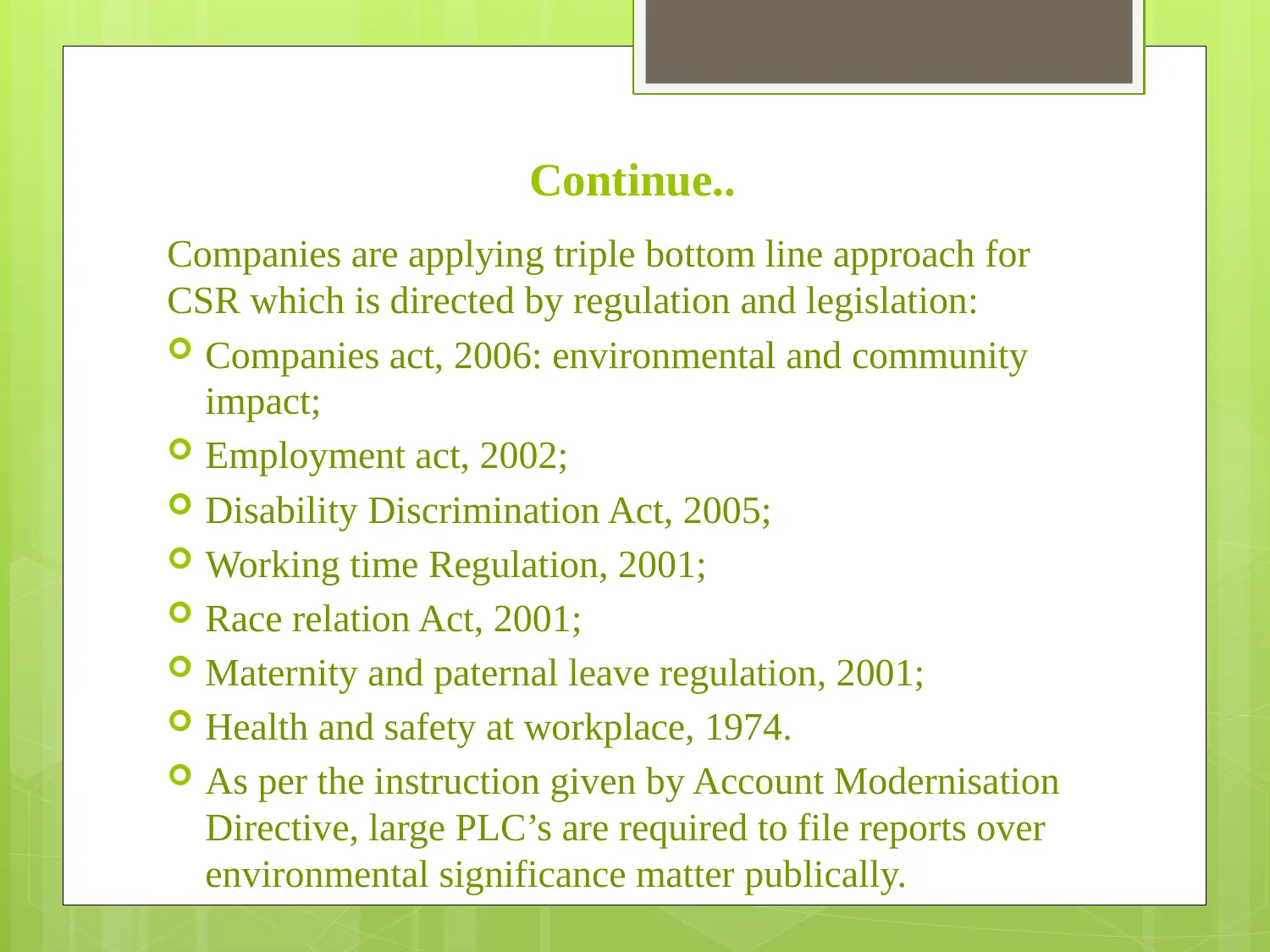






![[object Object]](/_next/static/media/star-bottom.7253800d.svg)